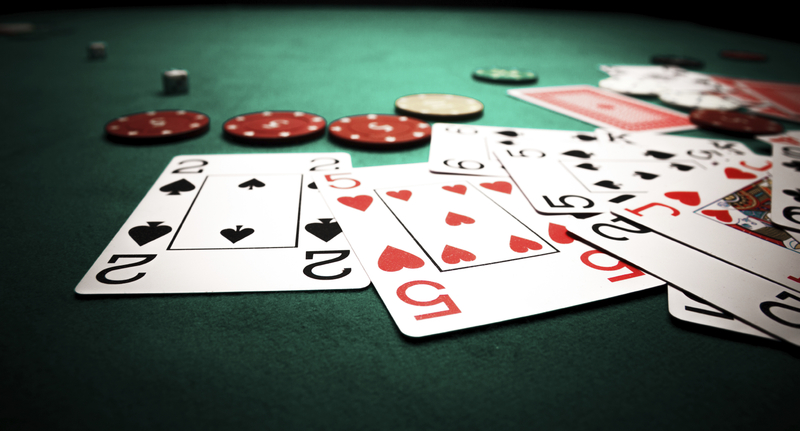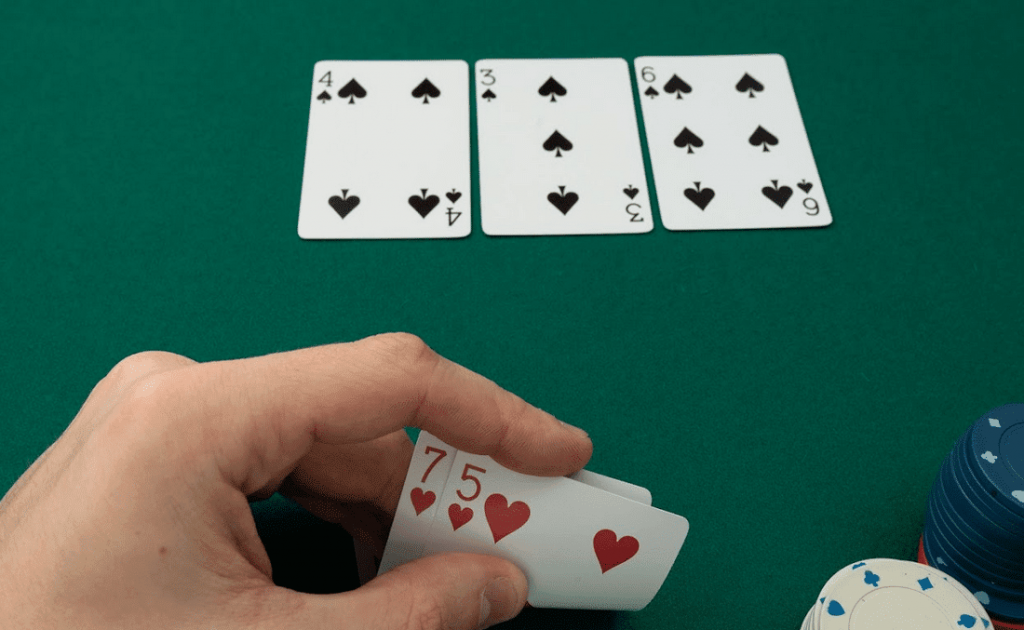A Journey into the Realm of Poker Strategy

For the uninitiated, poker might seem like a simple game of chance, a roll of the dice where the cards dealt are the only deciding factor of the game. However, ask any seasoned player, and they’ll tell you it’s anything but. A deep dive into the game reveals a realm where strategy, psychology, and keen observation meet, making poker a unique and fascinating game.
Understanding and developing a solid poker strategy can take you from being a casual player to a formidable opponent, capable of holding your own in the world’s toughest poker rooms. Whether you’re aiming to dominate your weekly home game or dream of claiming a World Series of Poker bracelet, the journey begins with mastering the basics and consistently building on them.
Knowing the Basics: The Foundation of Every Strategy
When setting out to learn poker strategy, you must understand the game’s mechanics. The basic understanding of poker hands, the betting structure, and poker etiquette forms the backbone of any strategy.
Knowledge about your position at the table and how it influences your betting decisions is crucial. Additionally, familiarize yourself with the concept of pot odds – understanding when it’s profitable to call a bet based on the size of the pot and your chance of winning.
Poker Tells and Reading Opponents: The Human Element
Poker isn’t merely about the cards in your hand. It’s about the people around the table. Reading your opponents, predicting their moves, and deciphering their ‘tells’ can give you a significant edge.
Observing the speed of play, body language, and patterns in betting can help determine whether an opponent is bluffing or holding a powerhouse hand. This skill, though more nuanced than the basic poker rules, can drastically tilt the odds in your favor if mastered.

Advanced Strategies: From Novice to Pro
As your understanding of the game deepens, you can venture into more advanced strategies. Concepts like bluffing, slow playing, and check-raising become integral tools in your arsenal.
Understanding when to be aggressive and when to hold back based on the game’s dynamics can make the difference between winning and losing. Moreover, learning to adjust your strategy based on your opponents’ gameplay is a mark of a skilled poker player.
Patience and Continuous Learning: A Poker Player’s Mantra
In conclusion, poker is a game of skill that involves continuous learning and improvement. No two games of poker are the same, and what works in one game may not work in another. Therefore, patience, keen observation, and adaptability are paramount.
